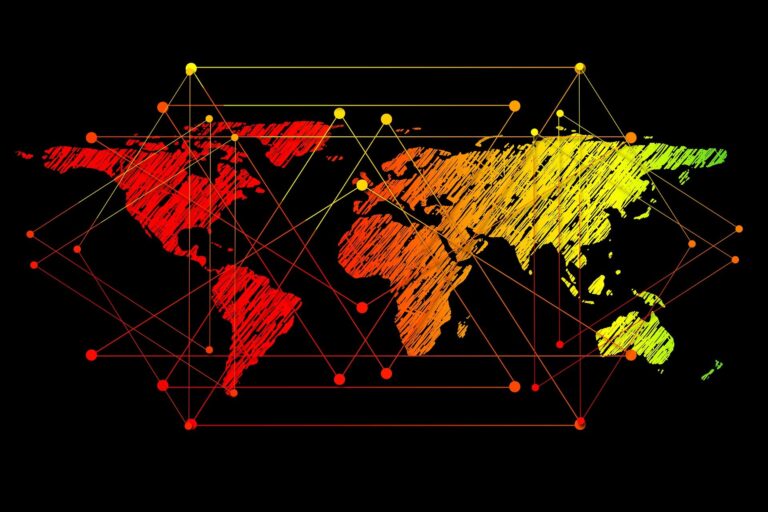A new report from the World Bank, the World Meteorological Organization and the UK Met Office estimates that improving the collection and international exchange of surface-based observational data will deliver additional socioeconomic benefits worth more than US$5bn a year.
In the report, lead author Daniel Kull, senior disaster risk management specialist at the World Bank, and his co-authors argue: “In view of the growing climate- and weather-related challenges facing humanity… surface-based observations should be treated as a critical public good.”
According to Lars Peter Riishojgaard, director, Earth System Branch, WMO, there are big gaps in the ground-based observing network in particular in Least Developed Countries (LDCs) and Small Island Developing States (SIDS), and these gaps reduce the quality and accuracy of numerical weather prediction products, which form the basis of most weather and climate forecasts, early warnings and related services for decision-making on a day-to-day basis.
One of the recommendations of the report is to increase the quantity of basic ground-based and balloon sounding observations that are exchanged globally by investing in the countries where data are sparse.
The report estimates that highly weather-sensitive sectors, such as agriculture, energy, transportation and construction and disaster risk management, can benefit by more than US$160bn per year from potential improvements in weather forecasting capabilities.
The findings from the report, The Gaps in the Global Basic Observing Network (GBON), will inform discussions at the first Funders Forum of the proposed Systematic Observations Financing Facility (SOFF) on March 24, 2021.
Spearheaded by WMO and in conjunction with other international organizations, SOFF seeks to close the observations data gap that undermines weather and climate services locally, regionally and globally. It is calling for a global, coordinated and long-term response in support of countries with the largest capacity and financial gaps.
As an urgent priority, the SOFF will support SIDS and LDCs to improve and maintain the generation and exchange of surface-based observations. In doing so, it will help strengthen climate adaptation and resilience across the globe, especially for the most vulnerable.
SOFF seeks to accelerate progress toward full implementation of the Global Basic Observing Network (GBON), which was approved in principle by the World Meteorological Congress in 2019. GBON is based on an agreement by which the basic surface-based weather observing network is designed, defined and monitored at a global level.



